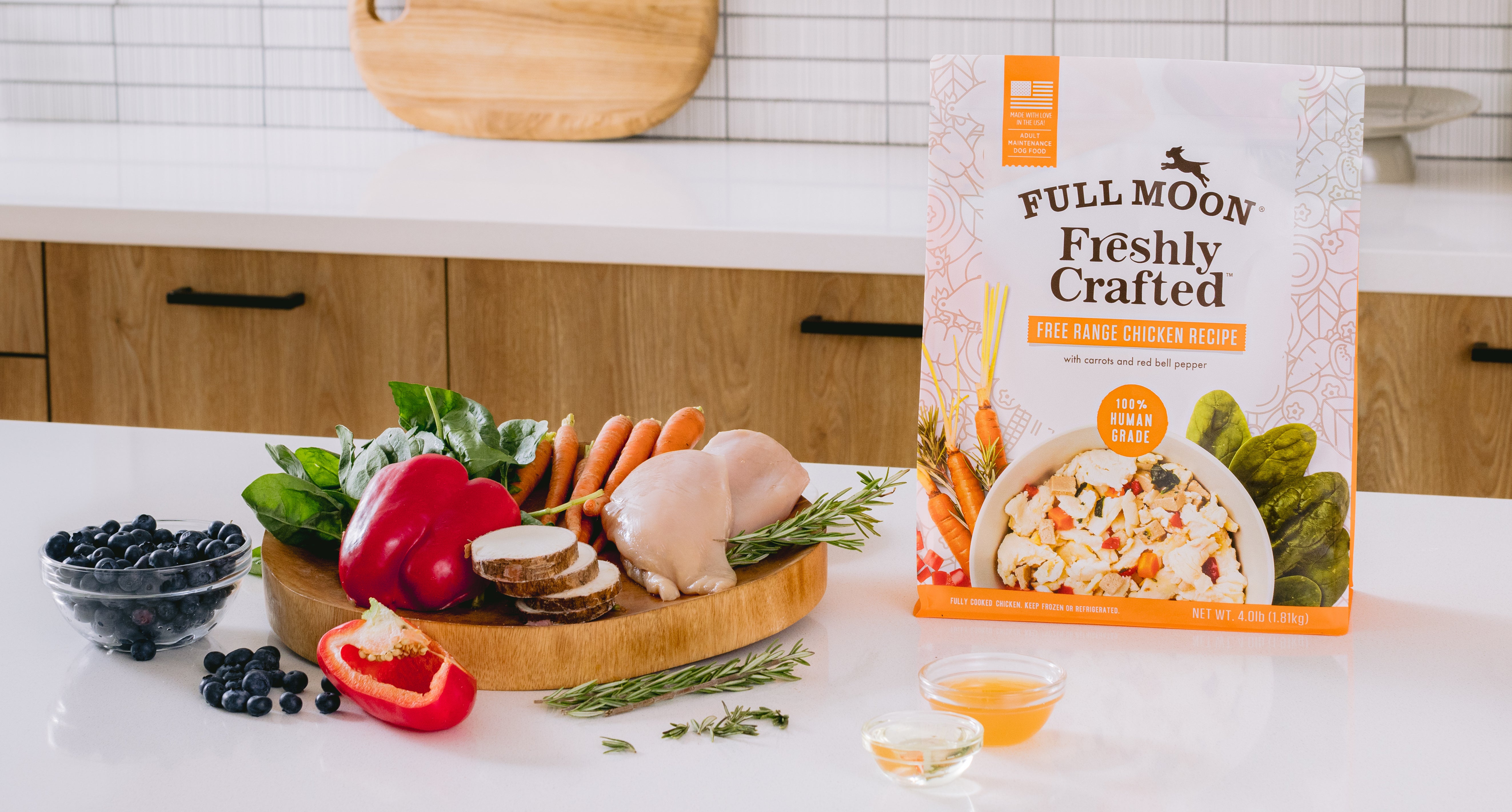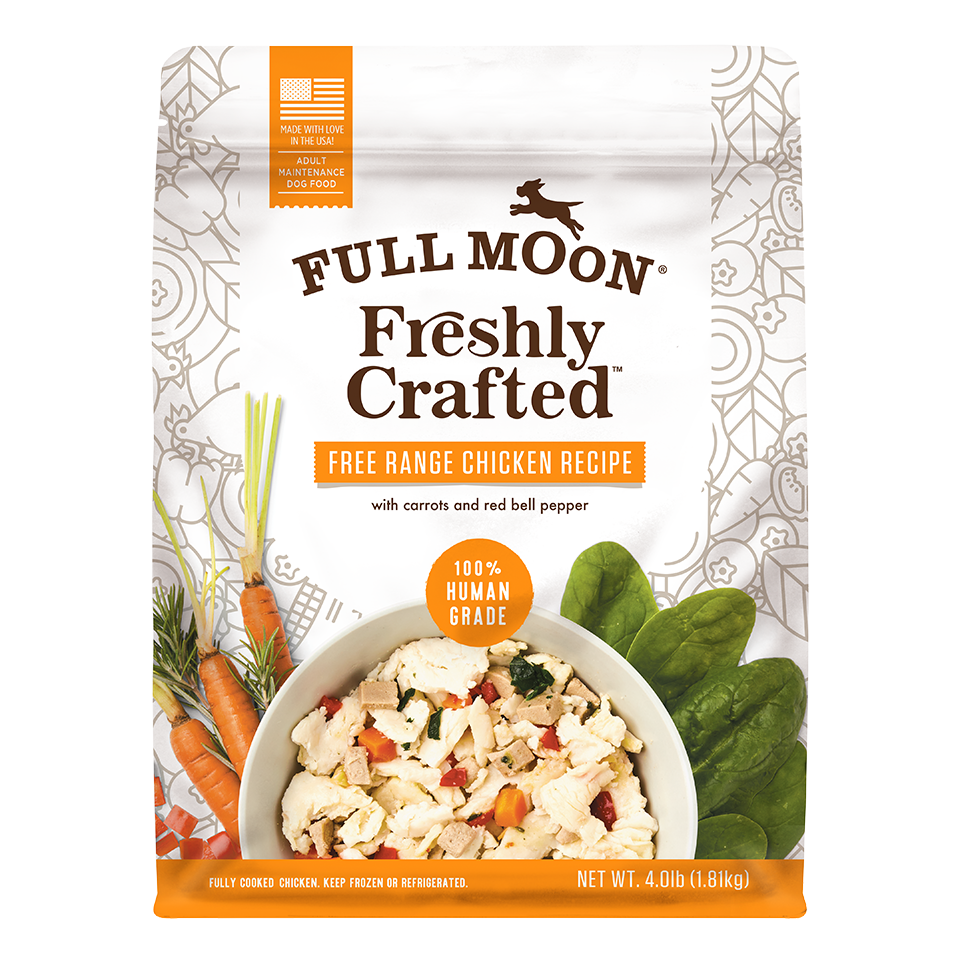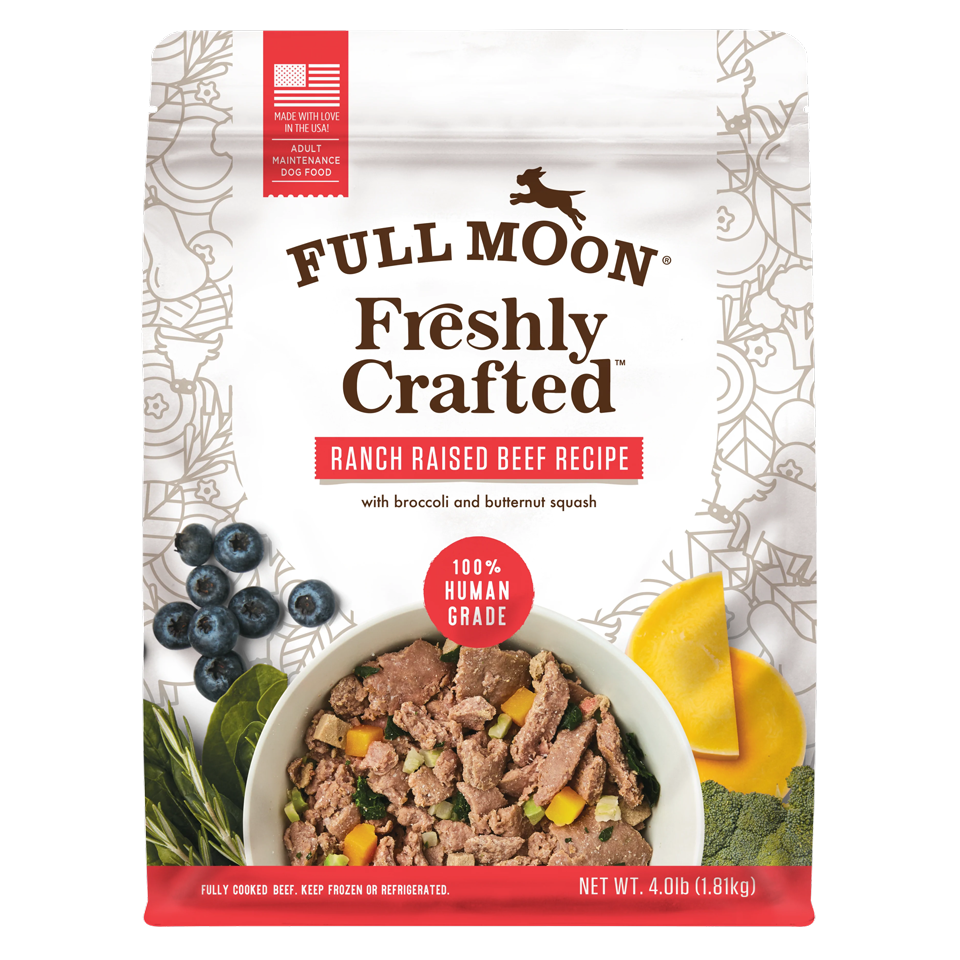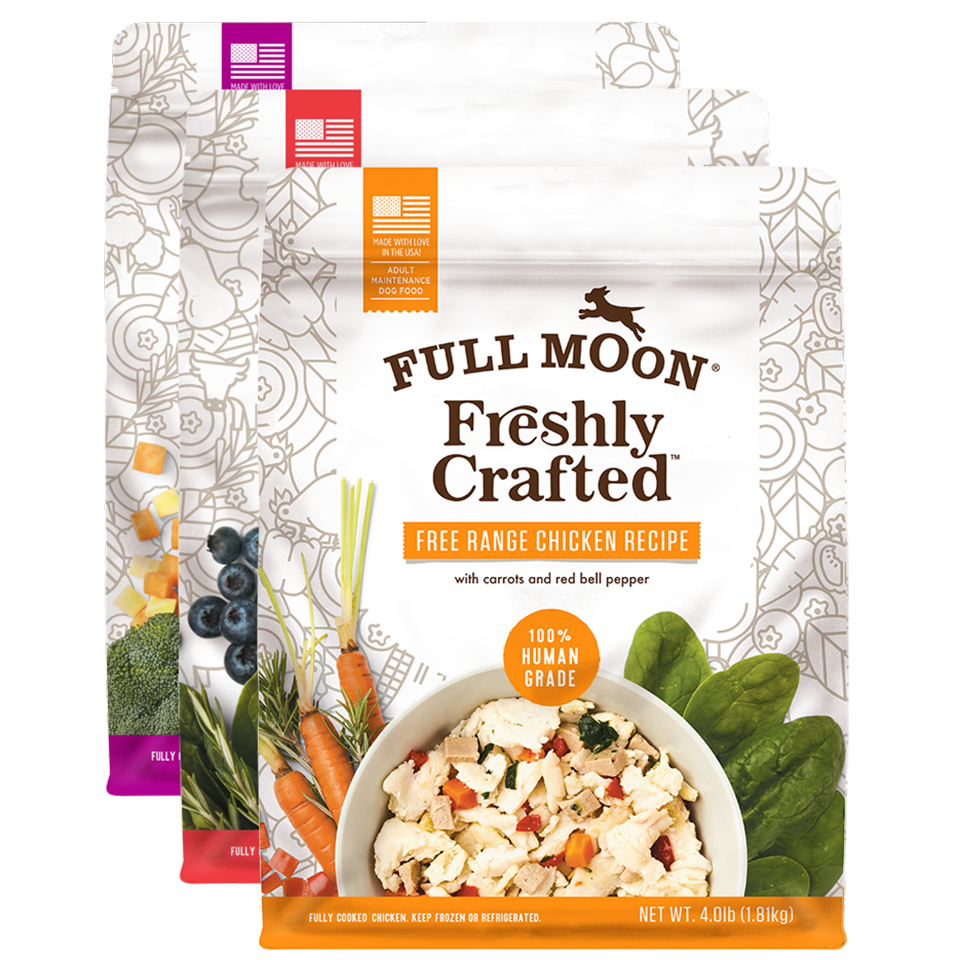
This blog content was created in collaboration with our consulting veterinary partner, Dana Wilhite DVM
The discussion around canine nutrition has evolved over the years and a current hot topic is the adoption of raw food diets for dogs. Advocates claim the raw diets align with the natural eating habits of dogs' wild ancestors, claiming improved health and vitality. However, inherent in handling and feeding raw is the risk of bacterial contamination and the consequential health implications for both you and your pup. Considering if this is the right diet for your household? We break it down for you.
What is a Raw Diet?
A raw food diet is uncooked, minimally processed foods attempting to mimic a dog's ancestral diet. Raw animal meat, organs, and whole or ground bones usually make up these diets, whether homemade or commercially produced.
Pros of a Raw Diet
Some studies show evidence that minimally or completely unprocessed foods retain more of their nutrients and might lead to improved digestibility compared to kibble. Chewing on firm objects like raw bones is thought to improve dental health by decreasing plaque and tartar buildup, possibly reducing the risk of dental issues in the long run. Additionally, many believe that the absence of certain ingredients and artificial additives in raw food may contribute to better digestion and a reduction in allergic reactions.
Cons of a Raw Diet
Well, you're handling raw meat. An increasing number of scientific studies call our health risks to both animals, as well as people in the household. An article published in 2013 in the Journal of the American Veterinary Medical Association evaluated research regarding homemade and commercially produced raw meat diets. It was found that diets in these categories had greater risk of bacterial contamination (such as Salmonella, E. coli and Listeria) than commercially prepared "cooked diets," as well as nutritional imbalances. Therefore, it was concluded that health risks related to feeding raw food were greater than any confirmed health benefits. Additionally, people living with raw-fed pets can be infected with bacteria by exposure to the dog's food or stools. Small children and those with compromised immune systems are at risk even if they are not the ones feeding the pet. Studies have shown an association between raw-fed dos and the presence of antibiotic-resistant bacteria in their stools. Unfortunately, methods such as freezing, dehydrating and freeze-drying do not kill all bacteria present in food.
At this time, the CDC and FDA's Center for Veterinary Medicine recommend against feeding raw diets to pets out of concern for both the pets and the people exposed to them.
What Do We Suggest?
With all the current trends and fads in pet nutrition, it can be overwhelming trying to figure out what diet is truly best for your dog. While raw diets may seem to work wonders for some, there is no scientific evidence that their benefits outweigh their risks. And while there is no one-size-fits-all solution, if you're contemplating a dietary change for your dog that is low risk, the benefits of a fresh or minimally processed diet are becoming increasingly evident. Eating a variety of nutrient-dense, minimally processed foods like gently cooked liver and quality animal meat with a mix of antioxidant rich fruits and vegetables can provide your dog with the amino acids, vitamins and minerals it needs naturally. Remember, diets that are highly digestible result in less waste (read: poop).
If you're considering a minimally processed healthy alternative, Full Moon's Freshly Crafted frozen dog food offers the benefits of fresh food and the simplicity and ease of serving as dry food with its individually frozen pour and serve ability. For those looking for that firmer crunch for their dog, simply serve frozen.






